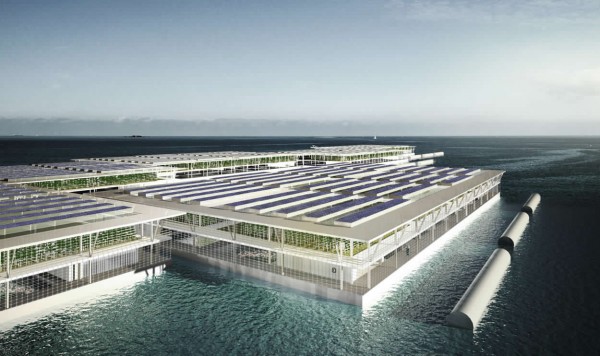
Breaking News
 Nuclear startup raises mega cash in race to deliver portable reactors
Nuclear startup raises mega cash in race to deliver portable reactors
 Initial Jobless Claims Show No Signs Of Labor Market Distress
Initial Jobless Claims Show No Signs Of Labor Market Distress
 America Goes to War with Venezuela
America Goes to War with Venezuela
 Another MIT Professor ASSASSINATED after he makes landmark plasma energy discovery | Redacted
Another MIT Professor ASSASSINATED after he makes landmark plasma energy discovery | Redacted
Top Tech News
 This tiny dev board is packed with features for ambitious makers
This tiny dev board is packed with features for ambitious makers
 Scientists Discover Gel to Regrow Tooth Enamel
Scientists Discover Gel to Regrow Tooth Enamel
 Vitamin C and Dandelion Root Killing Cancer Cells -- as Former CDC Director Calls for COVID-19...
Vitamin C and Dandelion Root Killing Cancer Cells -- as Former CDC Director Calls for COVID-19...
 Galactic Brain: US firm plans space-based data centers, power grid to challenge China
Galactic Brain: US firm plans space-based data centers, power grid to challenge China
 A microbial cleanup for glyphosate just earned a patent. Here's why that matters
A microbial cleanup for glyphosate just earned a patent. Here's why that matters
 Japan Breaks Internet Speed Record with 5 Million Times Faster Data Transfer
Japan Breaks Internet Speed Record with 5 Million Times Faster Data Transfer
 Advanced Propulsion Resources Part 1 of 2
Advanced Propulsion Resources Part 1 of 2
 PulsarFusion a forward-thinking UK aerospace company, is pushing the boundaries of space travel...
PulsarFusion a forward-thinking UK aerospace company, is pushing the boundaries of space travel...
 Dinky little laser box throws big-screen entertainment from inches away
Dinky little laser box throws big-screen entertainment from inches away
 'World's first' sodium-ion flashlight shines bright even at -40 ºF
'World's first' sodium-ion flashlight shines bright even at -40 ºF
Floating farm of the future to produce 20 tons of vegetables a day

(Natural News) There is a massive problem threatening mankind's future: The Earth's population continues to grow at an unprecedented rate, and our food supply is simply not keeping pace. The total number of people on the planet is expected to reach 8.3 billion by 2030, and by 2050, demand for food will likely have increased by 70 percent. There is clearly a need for innovative ideas to meet this challenge, and a company called Forward Thinking Architecture has risen to the occasion.
A desire to use clean, sustainable energy to produce healthy food which can be sold directly to consumers, eliminating the need for both storage and delivery, gave birth to the idea of the Smart Floating Farm. The concept has already become popular on a smaller scale in the form of vertical hydroponic farms, but the Smart Floating Farm takes the idea to a whole new level.
Forward Thinking Architecture describes floating farms as "a new initiative which can be complementary [sic] and compatible with other existing production methods in order to help reduce food risk associated problems in different areas of the globe." (RELATED: With the population boom outpacing the growth of our global food supply, it is important to be self-reliant. Stay informed at Preparedness.news.)
The Smart Floating Farm, for which Forward Thinking Architecture won a Sustainable Entrepreneurship Award (SEA) in 2016, produces upwards of 8,000 tons of vegetables each year. Smaller floating farms can be anchored to land in locations all over the world. Each farm floats on a body of water and consists of three tiers. Right at the top is the photovoltaics level which harnesses clean sources of energy like solar power. The crops are grown in the middle level using hydroponics, and this is also the level which people will be able to visit to learn about the process as well as to buy fresh produce. Finally, the lower level is utilized for aquaculture, which is the production of fish and other species.
The Smart Floating Farms come with a slew of benefits, not least of which is the fact that since hydroponics are used, there is no need for the use of chemical pesticides or fertilizers. Another great benefit is the fact that the multi-level strategy results in a higher yield per meter, freeing up land space for other purposes. Water consumption is also greatly reduced, since the water used in the process is what's floating under the platform already.



